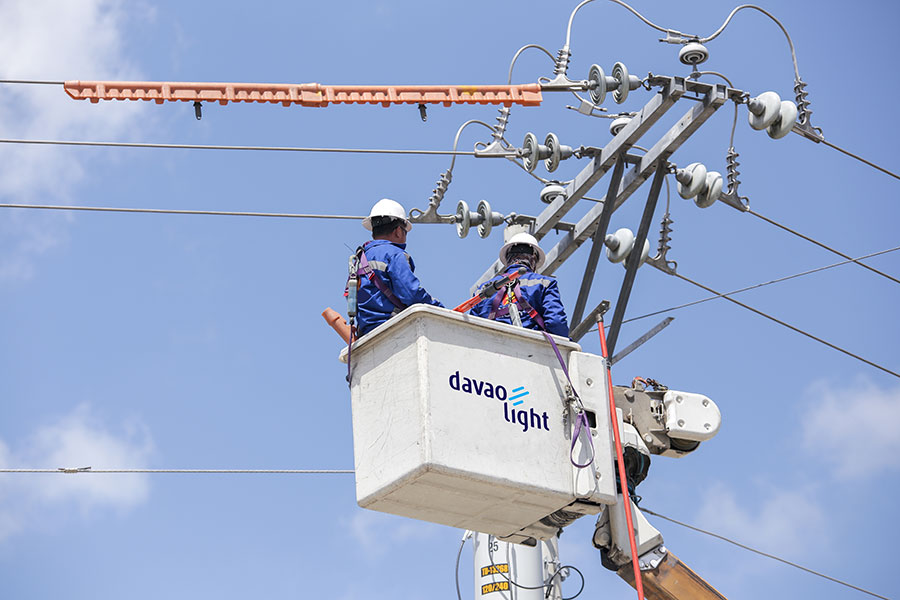The stability of the electricity supply must be consistently reliable and its prices reasonable to help sustain and invite investments that will further spur the growth of the Philippine economy, industry experts said in a Manila Times economic forum.
“What we need to do is make sure that the country has enough stable, reliable, and cost-effective [power] capacity to power the economy. That’s what we need to do first and foremost,” said Aboitiz Power Corporation President and CEO Emmanuel Rubio during the panel discussion of “Insights 2024: Immersive, Generative Globalization” at the Sheraton Manila Hotel in Pasay City.
“As a real estate consultant, our clients are mostly the outsourcing firms. Last year, the record was $36 billion, so it’s a big market for the country. Most of them are complaining about the electricity cost,” added fellow panelist Lobien Realty Group, Inc. CEO Sheila Lobien.
Electricity prices in the Philippines are among the highest in Southeast Asia. At the same time, its electricity generation per capita is the lowest in the Association of Southeast Asian Nations or ASEAN.
Meeting a projected 6.6% annual increase in electricity peak demand from 2020 to 2040 remains critical, especially as it will coincide with growth targets of 6.5-7.5% for 2024, 6.5-8% for 2025 to 2028, and future projections set by the Philippine government.
Last year, the Philippine economy grew by 5.6% on the back of wholesale and retail trade; repair of motor vehicles and motorcycles; financial and insurance activities; and construction — all energy-intensive industries. The growth rate is the fastest in Southeast Asia.
Other recent economic indicators showed the lowest unemployment rate in nearly two decades in December 2023 at 3.1%, as well as inflation meeting the 2-4% target band for the second consecutive month in January at 2.8%.
Amidst the push for more variable renewable energy in the power grid, achieving a continuous and consistent supply of electricity at demand involves establishing a balanced portfolio that also contains traditional, non-variable energy sources.
The country targets a 35% share of renewable energy in its power generation mix by 2030 and 50% by 2040, with the rest being allocated to non-renewables.
“We want to point out that [with regards to] power it’s very important that the costs come down. A lot of the explanations and advocacies in power don’t point out [that] the actual utilization (capacity factor) of solar power plants is less than 20%, and you have to have back-up power for that,” said George Siy, President of the Integrated Development Studies Institute.
“[There are] a lot of discussions about renewable energy at all costs and yet what’s not being discussed is the impact of a deep penetration of variable renewable energy into the grid… To balance the variability, you need a stable source of energy: gas or coal,” Rubio further explained.
The participants also urged the public to consider the full cost of electricity — encompassing the full system cost from maintaining grid stability up to delivery — aside from the levelized cost of electricity, which compares the lifetime costs of generating electricity from different technologies.
“We should analyze things in totality,” Siy said. “The cost of solar power generation is declining every year. [Solar] power generation cost is very low, but not the cost of the entire system.”
“With the Green Energy Auction pricing, you can just imagine the effort of the industry to bring down rates [for renewables]. But the problem is, you’re only talking about the peso-per-kilowatt hour when solar is generating power. But what happens when there is no more sunlight? Then you’d have to come up with a balancing power plant to meet that,” Rubio expounded.
“When [renewable power plants are] generating [electricity], it’s cheap because there’s no fuel. But when it’s not producing anymore, you need something to put there, and that should be in the equation when you compute the full cost of electricity.”



